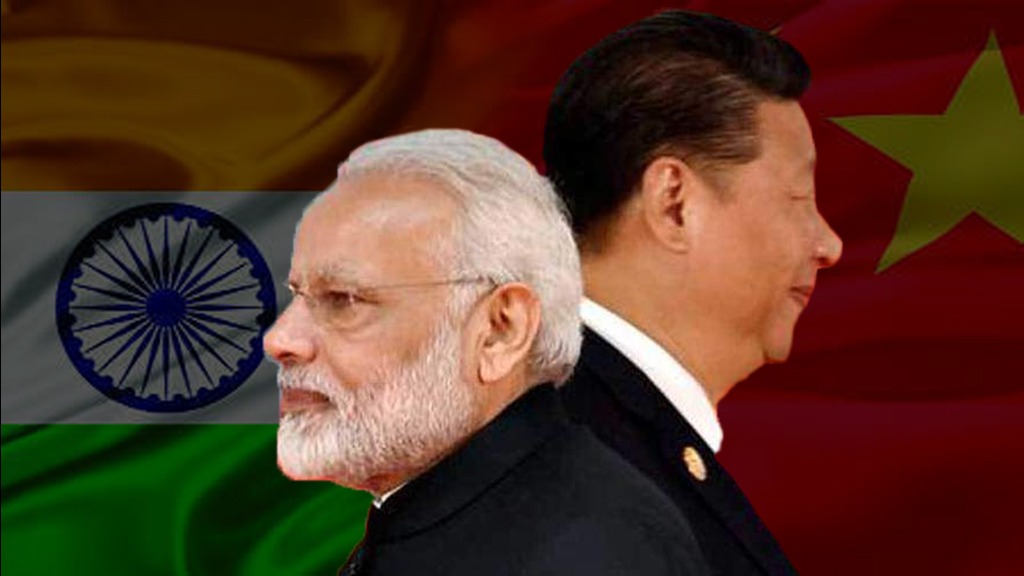Sydney Based Lowy Institute Maintains It’s Owliness In Research : Still Biased Against India

China has given a solid kick to Australia and virtually declared a Trade War on Australia and has been trying to blackmail it right and left. The only country which has stood up to China and making it feel the heat is India.
India is the most powerful nation influencing the Asia-Pacific after the US, China and Japan but as per Australian LOWY Institute, it has lost its “major power” status in 2020,there study showed.
According to the Sydney-based Lowy Institute’s Asia Power Index for 2020, India’s power score came down to 39.7 this year compared to 41.0 in 2019, leaving it marginally shy of the major power threshold of 40 points.
Why this conclusion, because Earlier On economic relationships, India outright rejected regional trade integration and therefore in Lowe’s scheme of things has slipped into 7th place, overtaken by of all the country ….Australia !!
It cited India’s decision to withdraw from the Regional Comprehensive Economic Partnership (RCEP) as the reason behind the slip in Ranking.
“Asia’s second most populous country is now considered to be a high-performing middle power in the Indo–Pacific,” said the Lowy Institute report, adding that the country is more than likely to recover its major power status in the coming years.
The report said that among all countries in the Indo-Pacific, India has lost the most growth potential due to the damage caused by the Covid-19 pandemic.
It added that India is ceding ground to China and its position as a future peer competitor to Beijing has now become less certain.
“While India is the only country with the demographic scale to match China, expectations that it can begin to level with China in coming years are unrealistic. Indeed, the pandemic’s significant toll on Indian society has only widened the power disparity between Asia’s two most populous countries.
“On current trends, India will only reach 40% of China’s economic output by the close of the decade — down from the 50% forecast in the 2019 Asia Power Index,” it said.
The Lowy Institute said the Indian economy by 2030 is set to be 13% smaller than originally forecast prior to the pandemic, which equates to a downward adjustment of approximately $3 trillion dollars at purchasing power parity.
“This has led to a fall of nearly five points in India’s score on the future resources measure,” it said.
The report, however, said that India’s diplomatic influence is improving in Asia and its ambitions to play a larger role in the region are evident in 2020.
It said that India has overtaken South Korea and Russia in diplomatic influence and is now placed at the fourth spot after the US.
The Lowy Institute report revealed that defence networks and economic relationships are India’s two weakest measures of power.
“On defence networks, it (India) has improved by one place, where it now ranks 7th – reflecting progress in its regional defence diplomacy — notably with the quadrilateral security grouping, which includes Australia, Japan and the United States.
The report said that India needs to be understood on its own terms and its rise as a superpower, if it happens, will be a multi-decade effort and is unlikely to be linear.



